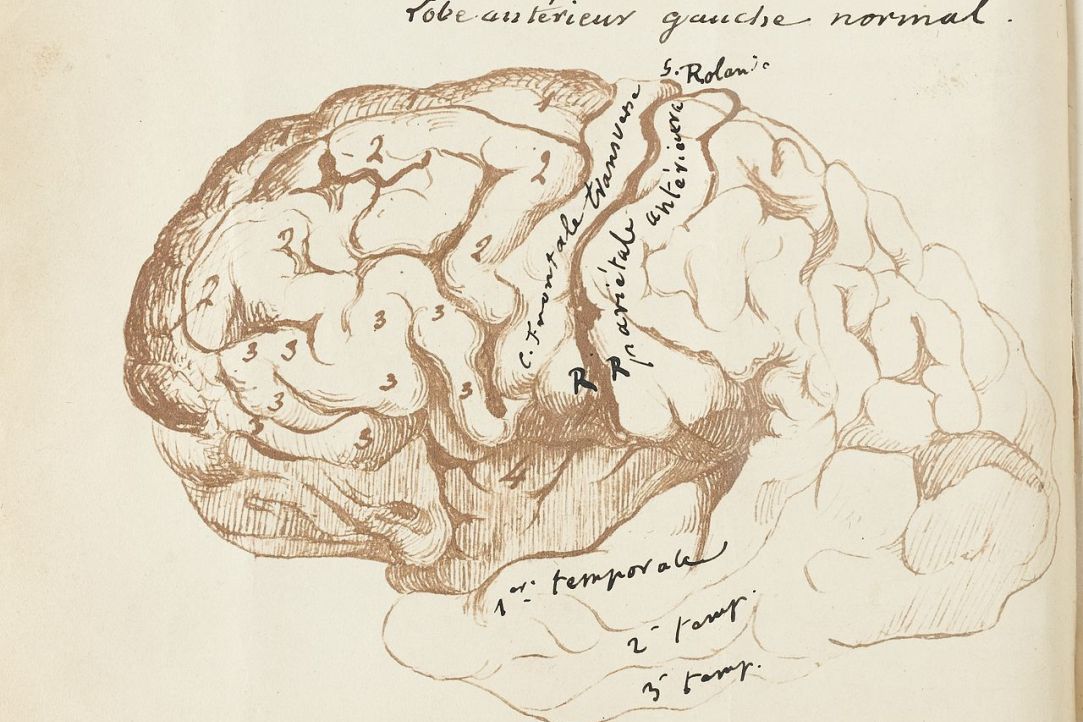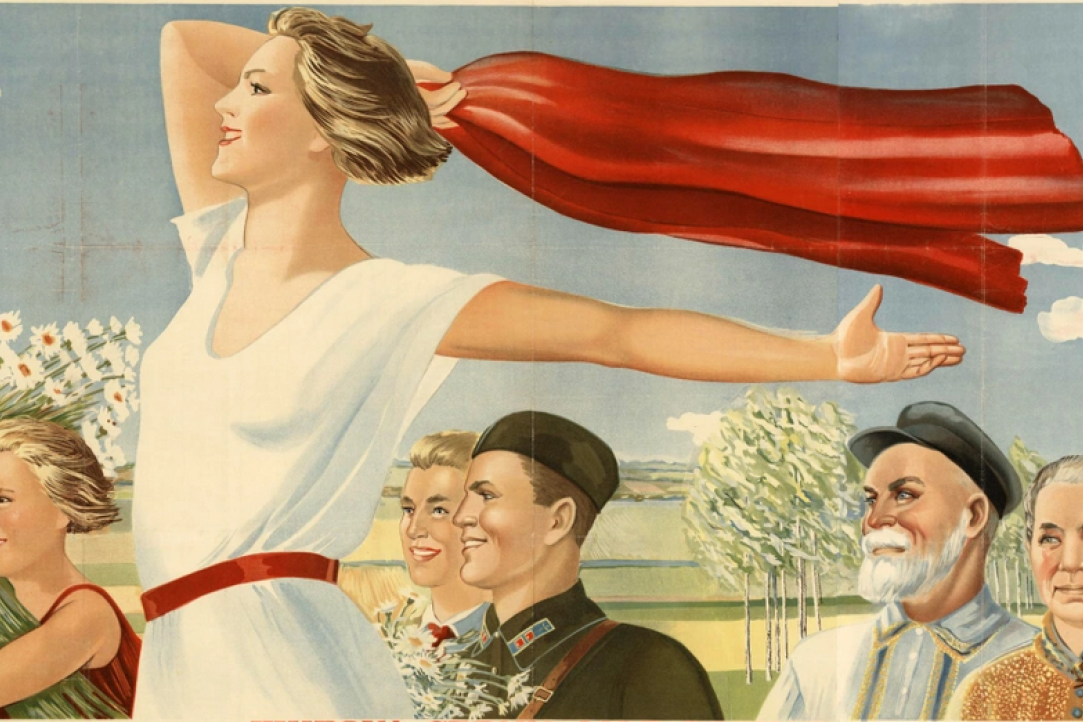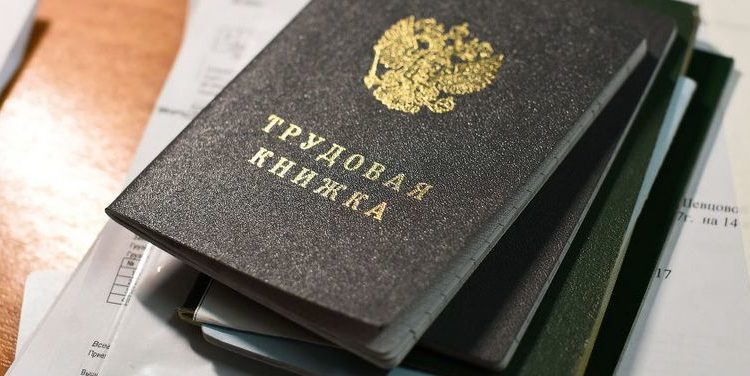
Attention and Atención: How Language Proficiency Correlates with Cognitive Skills
An international team of researchers carried out an experiment at HSE University demonstrating that knowledge of several languages can improve the performance of the human brain. In their study, they registered a correlation between participants’ cognitive control and their proficiency in a second language.

Climate Control: How Countries Respond to Weather Change
Having studied the impact of warming on countries in Central and Eastern Europe, Caucasus and Central Asia, Georgy Safonov, Director of the HSE Centre for Environmental and Natural Resource Economics, warns that responding to climate change does not seem to be a top priority for the region's governments, while potential threats are assessed only in economic terms and almost never as a social challenge.

A Proud ‘No’: Why Egalitarian Values Don’t Catch on in Post-Soviet Countries
People’s values of personal choice, suсh as their attitudes towards abortion, divorce, and premarital sex, are usually determined their level of education, age, religiosity, and social status. At least this is the case in many countries such as the US and those in Europe. In a recent study, HSE sociologists found that in post-Soviet countries, personal values are most determined by people’s level of patriotism.

Build It and They Will Come
Migration, both domestic and abroad, is playing a major role in transforming the world’s largest cities, and Moscow is no exception. Researchers at HSE University, the Institute of Geography of the Russian Academy of Sciences (IGRAN) and Strelka KB identified which cities’ residents are buying newly built apartments in the capital and how economic inequality between Russia’s regions is changing the face of the city.

Charmed, Doubly Strange
LHCb (Large Hadron Collider beauty) collaboration, one of the LHC (Large Hadron Collider) experiments, reported that their detector has identified particles that have not previously been detected in physics experimentally – excited omega baryons (Ω-b). Just several years ago, detecting such particles in LHC was believed to be next to impossible. Among proton particles, the excited ‘charmed omegas’ were preselected by an algorithm created by staff from the HSE Laboratory of Methods for Big Data Analysis and Yandex LLC. IQ.HSE talked to Denis Derkach and Fedor Ratnikov about their collaboration’s ‘fresh catch’ and about the point of ‘fishing’ on LHCb in general.
.jpg)
Weaving Languages Together: Why Megacities Need to Preserve Multilingualism
Moscow, like any modern big city, attracts migrants from different regions and countries. Some of them speak very little or no Russian. Their adaptation and successful integration depend in part on how fast they can learn Russian and in part on whether the city makes an effort to accommodate other languages. According to linguist Mira Bergelson, this latter factor is particularly important if the city is to benefit from immigration.

Avoid Paying So People Work: The Idea behind Unemployment Benefits
Unlike the case in many developed countries, the Russian government is ready to provide financial support to all people who are registered unemployed. Researchers from the HSE Centre for Labour Market Studies undertook a study of how the unemployed are treated in other countries and proposed measures for improving the situation on Russia’s labour market.

Following in the Parents’ Footsteps
Children from families with high professional and educational status are twice as likely to enter a prestigious university as their peers from low-resource families, HSE University researchers have found. The ‘privileged’ adolescents benefit from strong family attitudes towards a good education, parental investment in their studies and the high academic performance associated with it. At the same time, even when they have good grades, students from poorly educated families do not even try to get into prestigious universities.

Economics, Society and Labour: What HSE University Research Revealed about Each in 2019
Why does greater trust in society increase GDP? How can you measure inequality? Before whom is the government to blame? Who earns more? Learn the answers to these questions in this summary of last year's IQ.HSE articles and research by HSE University scholars.
.jpg)
Three to Ten: Why Families Choose to Have More Children, More Often
More than 500 large families in three Russian federal districts were surveyed to explore reasons why couples choose to have many children. Five main patterns were identified, driven by values (partner trust and religious beliefs), socioeconomic circumstances (income and education), and availability of support from extended family and friends.


Registration is open until April 1, 2025